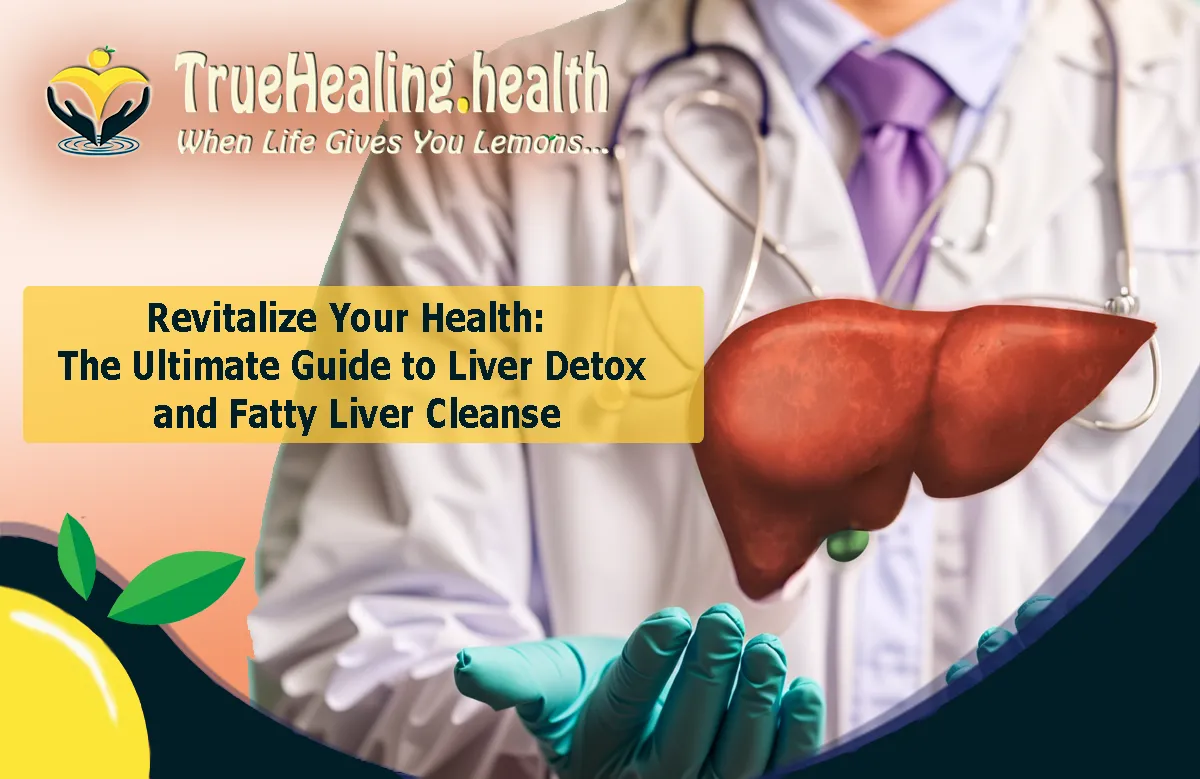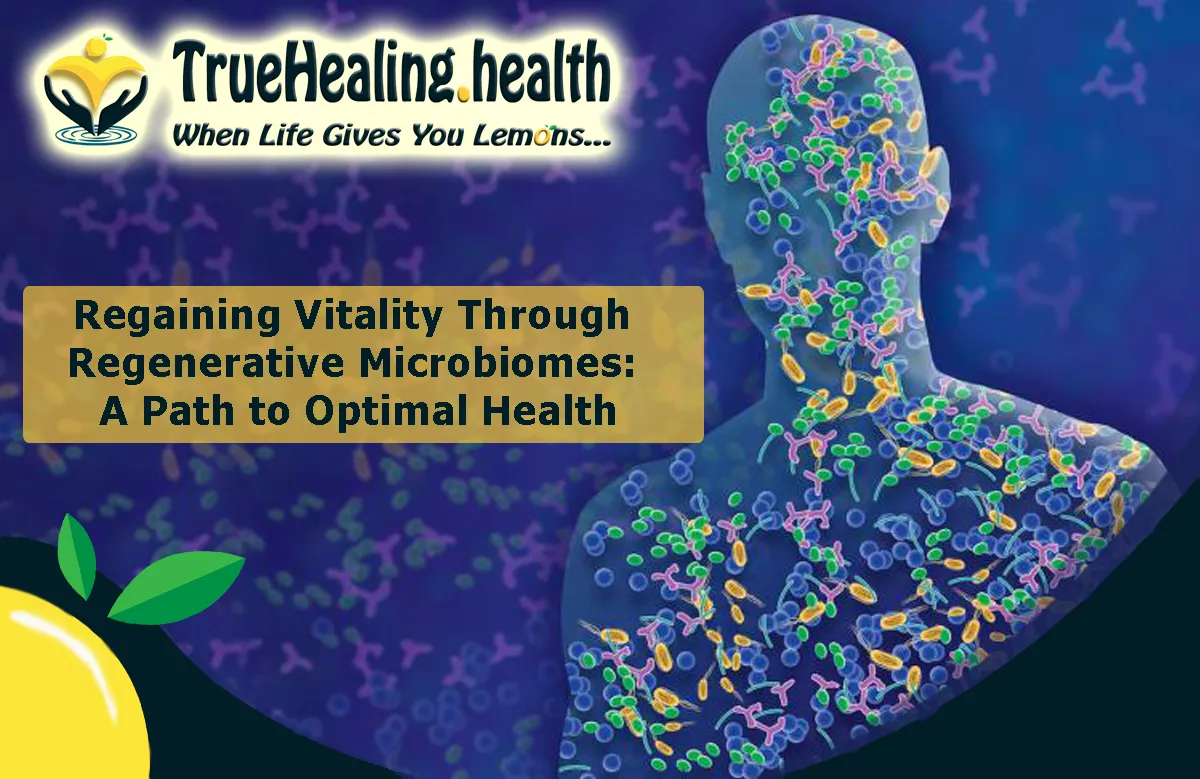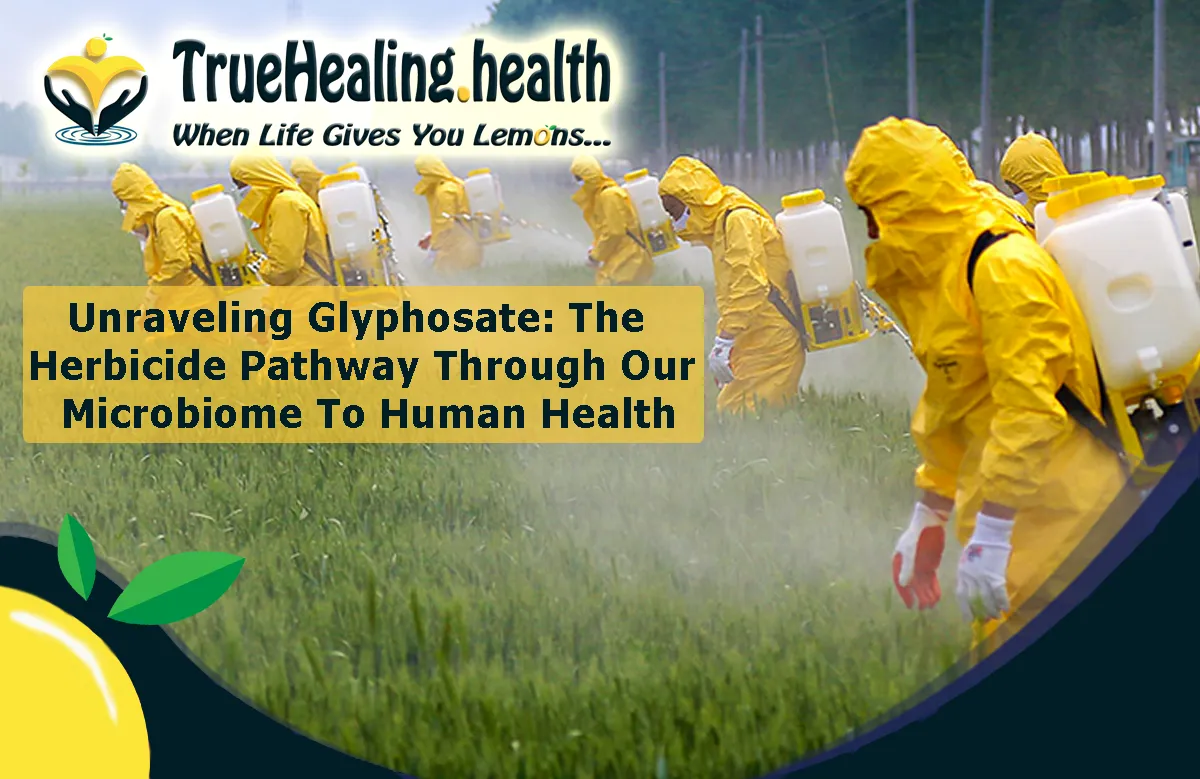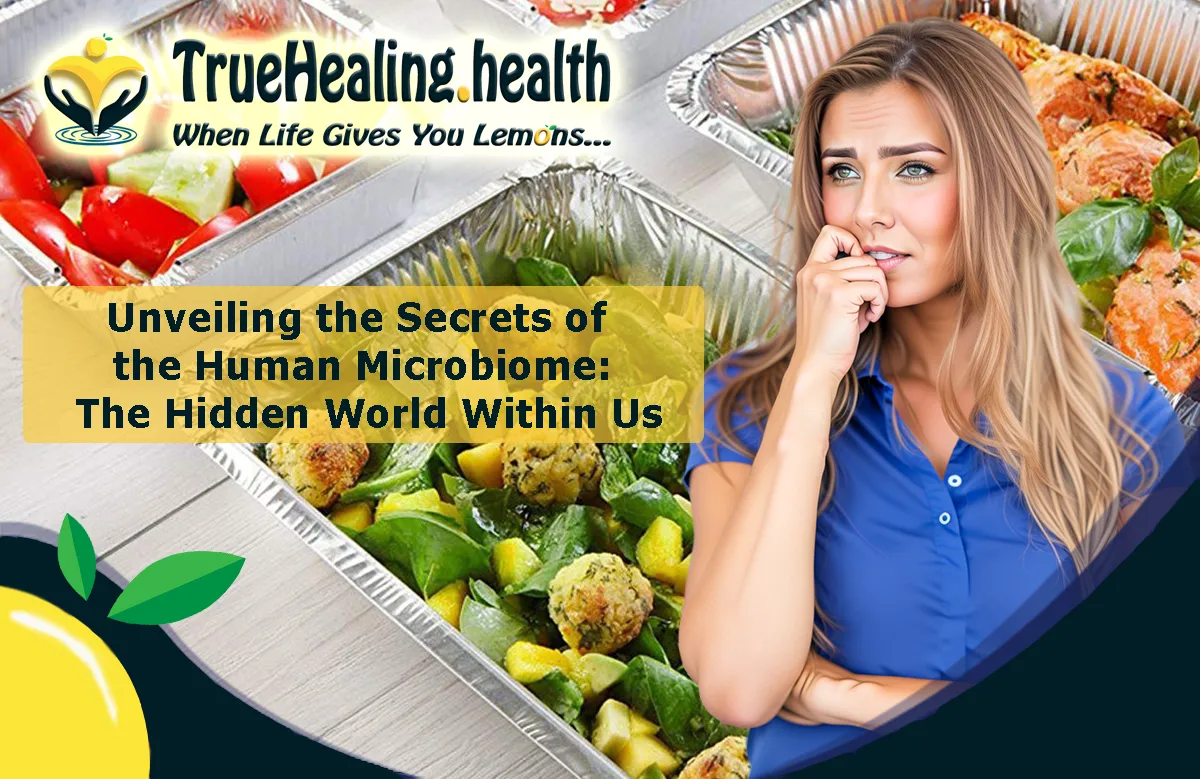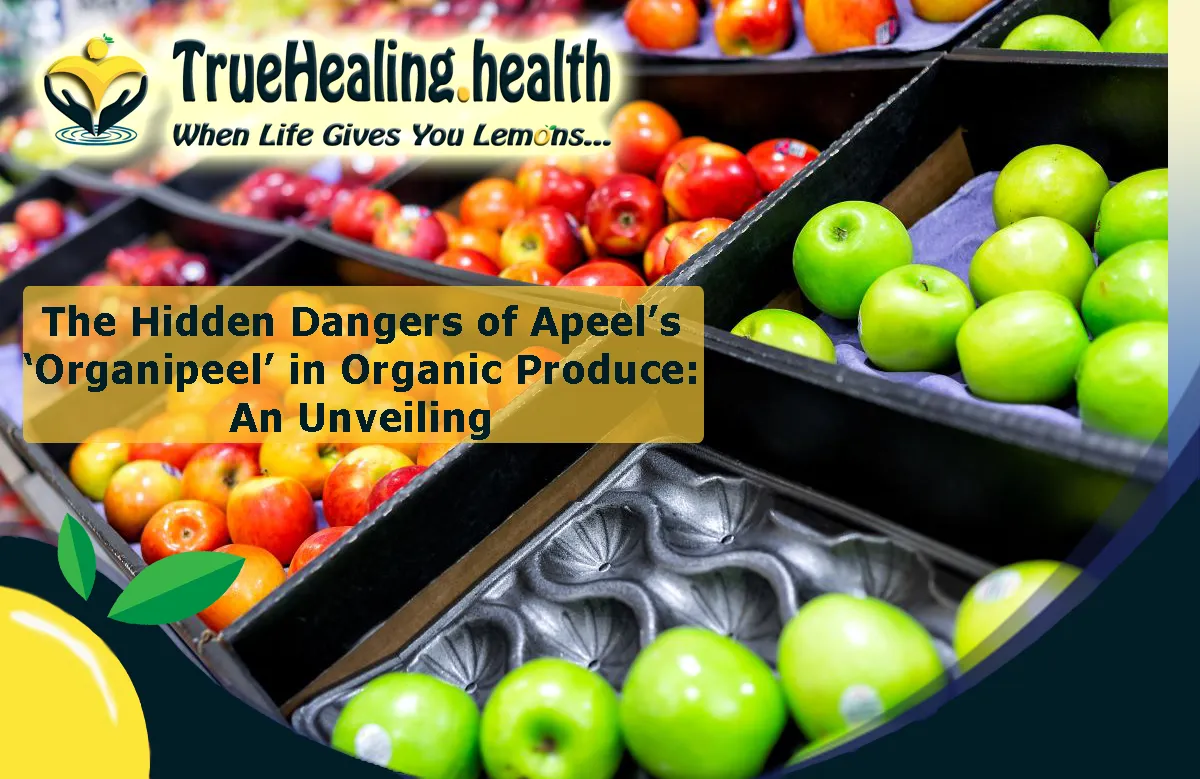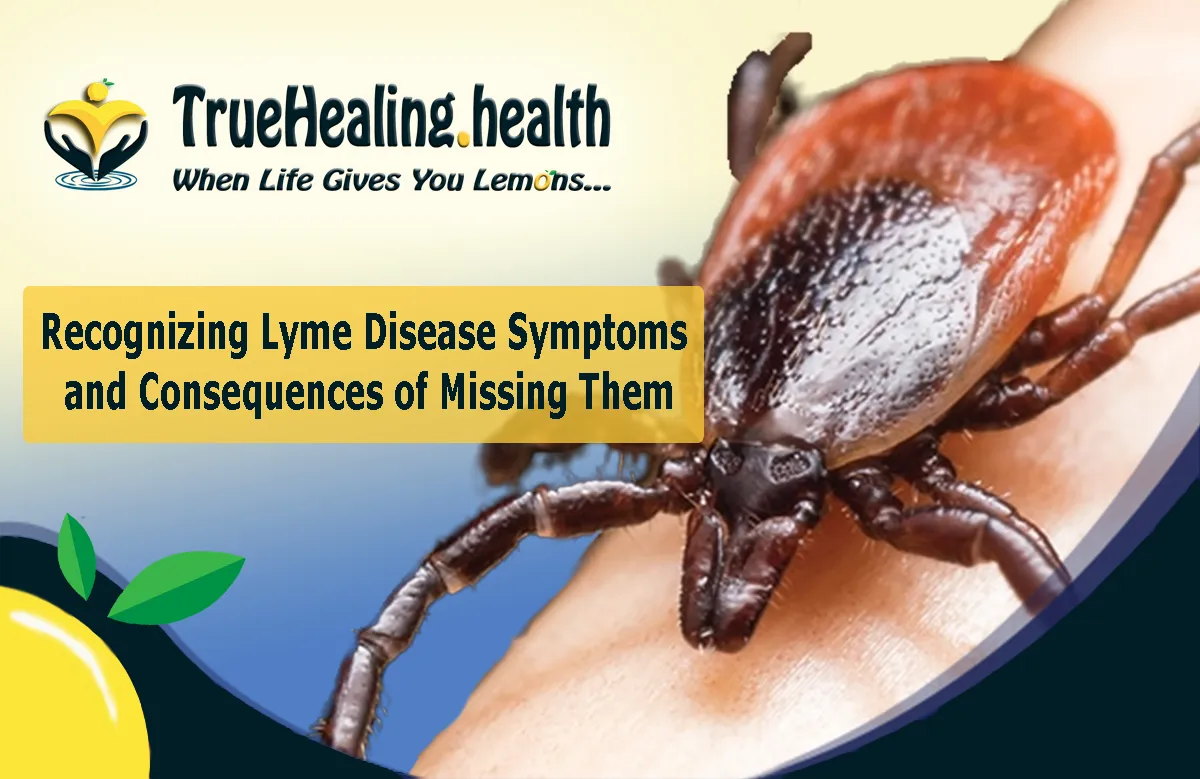Regaining Vitality Through Regenerative Microbiomes: A Path to Optimal Health
The quest for vitality and health longevity leads science and individuals alike to a profound realization: our connection with nature, particularly the microscopic flora that proliferate within and around us, holds the key to our well-being. This article delves into the burgeoning field of regenerative microbiomes. Understanding the link between our bodies and the myriad of microbial life is not just intriguing—it's essential. Join us at Truehealing as we unearth how nurturing our roots with the earth can blossom into a full-fledged health transformation.
Content List:
- What is a Microbiome, and Why Does It Matter?
- How Do Microbiomes Impact Regenerative Health?
- Can the Plant Microbiome Teach Us About Human Health?
- Regenerative Medicine: A Microbial Perspective
- The Microbial Secret for Robust Plant Growth
- Why Should We Reconnect with Nature for Microbiome Health?
- What Can We Learn from Microbial Communities in Soil?
- How Does Microbial Biodiversity Influence Overall Health?
- Regenerative Agriculture: Healing the Earth, Healing Ourselves
- Nurturing the Gut Microbiome for Optimal Health
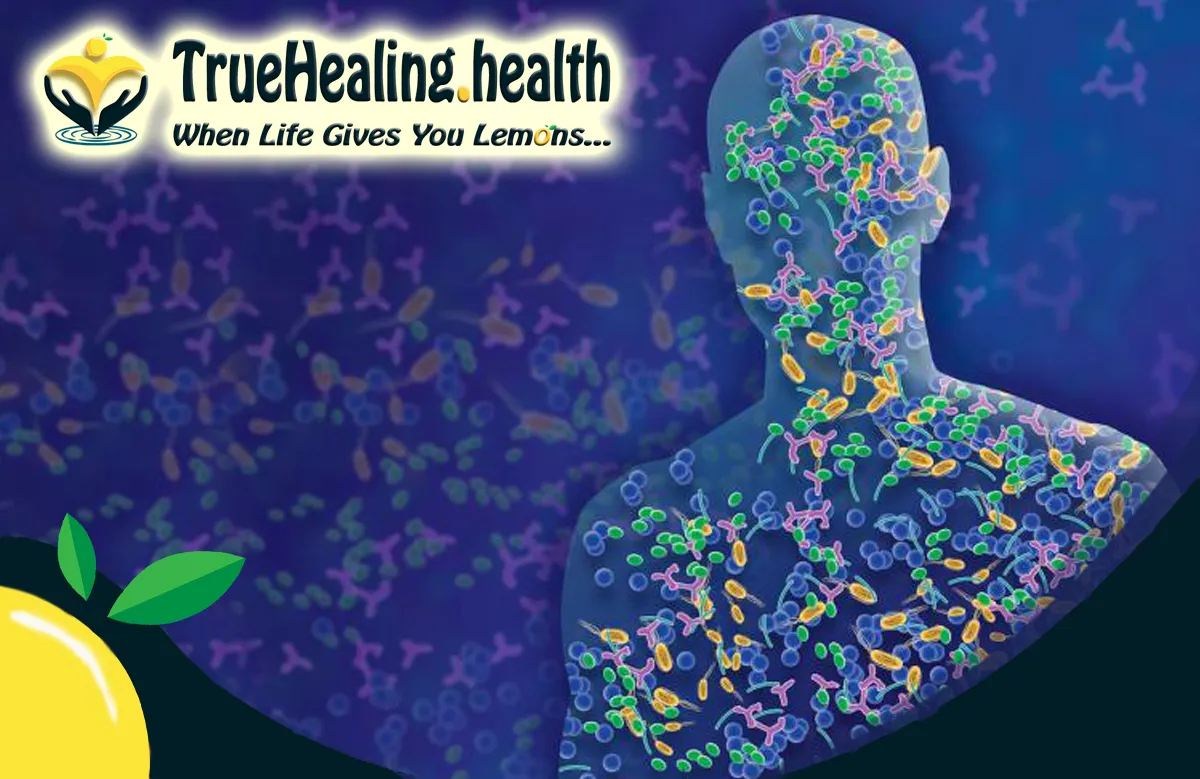
What is a Microbiome, and Why Does It Matter?
Our body is home to a wondrous and complex universe of microbes known as the microbiome. This ecosystem, consisting of bacteria, fungi, protozoa, and viruses, is so vast and essential that it is often called our "second genome." The health of our microbiome influences everything from digestion and nutrient absorption to immune response and chronic disease prevention. It's the foundation of our vitality, acting as a key player in both preventing and healing health conditions.
How Do Microbiomes Impact Regenerative Health?
The root cause of diseases is often traced back to environmental factors, including declining biodiversity in agricultural land. The vitality of our planet's ecology is rooted in the diverse interactions of soil microbiome, plant growth, and animal life. The notion of regenerative health is based on the body's inherent ability to heal itself. Microbes play a critical role in this self-repair process by affecting our immune system, reducing inflammation, and even determining how well we respond to stress and injury. A diverse and well-balanced microbiome can be the difference between prolonged illness and speedy recovery.
Can the Plant Microbiome Teach Us About Human Health?
Just as plants rely on their root systems and associated microbial life to absorb nutrients and fight off disease, humans rely on their gut microbiome to perform similar functions. By studying how plants utilize their microbiomes for growth and resilience, we can apply these insights to our well-being, ensuring our internal flora are supported for optimal health. We need to address the way we practice agriculture.
Nitrogen is an essential element for plant growth, heavily impacting the health of soil ecosystems, while herbicides like glyphosate can disrupt the balance and function of soil microbiomes, including the vital activity of enzymes. Is it possible to gain insight into human health by studying the microbiome of plants?
Just as plants depend on their root systems and the microbes that live there to take in nutrients and fend off illness, humans rely on their gut microbiome for similar purposes. By examining how plants use their microbiomes to grow and stay strong, we can use that knowledge to better our own health and ensure that our internal flora are thriving. We need to reconsider our agricultural practices.
Regenerative Medicine: A Microbial Perspective
With the rise of chronic diseases, regenerative medicine is becoming increasingly critical. This branch of medicine, which focuses on repairing or replacing damaged tissues and organs, is starting to recognize the indispensable role of the microbiome in healing. From speeding up recovery times to reducing the side effects of treatments, microbes are set to become a cornerstone of future medical interventions.
The Microbial Secret for Robust Plant Growth
Microbes are essential for converting soil nutrients into forms that plants can use. Just as they bolster plant health, certain microbes in our gut can enhance our ability to absorb nutrients. Understanding and replicating the conditions that foster these beneficial microbes in agriculture can lead to breakthroughs in human nutritional health. By practicing regenerative farming methods, we encourage plant growth-promoting bacteria and nematodes to enrich the soil, ultimately benefiting food production.
Why Should We Reconnect with Nature for Microbiome Health?
Understanding the importance of connecting with nature can lead to optimal health by fostering a relationship with food grown in harmony with the Earth. Our modern lifestyles have led to a disconnection from nature and, consequently, a depleted microbiome. Re-establishing this connection can restore the diversity and balance of our internal ecosystems. Activities like walking barefoot, gardening, or even spending time in the forest can reintroduce natural microbes into our lives, fostering a healthier microbiome.
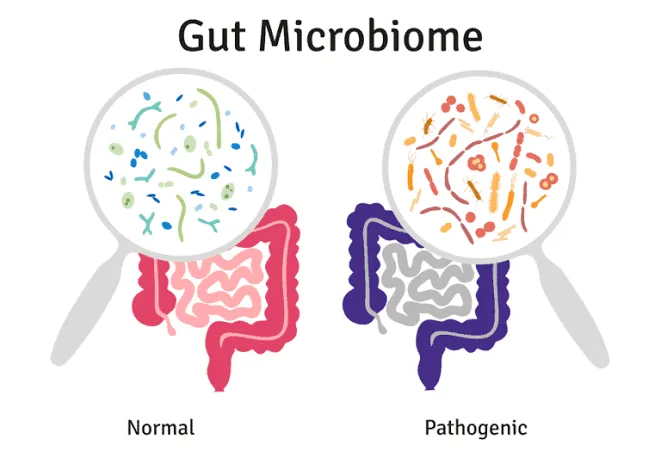
What Can We Learn from Microbial Communities in Soil?
Soil microbes play a pivotal role in plant health and growth by breaking down organic matter and fighting off pathogens. A similar process occurs in humans when our microbiome breaks down food and wards off harmful bacteria. By nurturing the health of our personal soil – our gut – we can improve our overall well-being. Organic carbon in the soil indicates the soil's health and the ecosystem's ability to thrive and regenerate.
How Does Microbial Biodiversity Influence Overall Health?
A rich tapestry of microbial life within us can directly affect our resistance to diseases. Just as biodiversity within an ecosystem can make it more resilient to changes, a diverse microbiome can make our bodies more resilient to health challenges, from infections to inflammation. For example, Each tree species has its unique role within the plant community, illustrating the complex relationships that sustain ecosystems.
Regenerative Agriculture: Healing the Earth, Healing Ourselves
Regenerative farming practices that enhance the soil microbiome also improve the nutritional content of our food. By adopting these methodologies, we heal the earth by restoring soil health and biodiversity and bolster our health by consuming foods that support our gut microbiome.
Nurturing the Gut Microbiome for Optimal Health
Our diet has the most significant impact on our gut microbiome. Foods rich in fiber, such as fruits, vegetables, and whole grains, can encourage the growth of beneficial bacteria. Fermented foods provide probiotics that can further enrich our microbial communities. Coupled with lifestyle changes, such as reducing stress and avoiding harmful chemicals, we can cultivate a microbiome that supports optimal health.
Key points:
- The microbiome is vital to our health, influencing everything from our immune system to nutrient absorption.
- A diverse microbiome is key to the body's regenerative processes and overall vitality.
- Nature offers us a blueprint for supporting our microbiome health through microbial biodiversity.
- We must embrace regenerative practices both in agriculture and in our daily lives to nurture a healthy microbiome.
- Our connection to nature and the soil is crucial in maintaining a balanced and thriving microbiome.
As we rediscover our roots in the natural world, we also uncover a treasure trove of microbial allies. Once perceived as mere passengers in our journey through life, these tiny organisms are now recognized as the engineers of our health and vitality. Regrowing our roots and reconnecting with nature may be our most regenerative medicine.
References:
- "Unlocking the Power of Your Microbiome with Dr. Zach Bush." — Eightify
- "The Regenerative Hour: The food solution" — Centre for Climate Safety.
- "THRIVE Medicine Clinic." - THRIVE Medicine Clinic.
- "Listen to Thrive with Cate Stillman Podcast podcast" | Deezer
- "Recent Developments in the Study of Plant Microbiomes" - PMC
- "Live Purely with Dr. Amy Sapola." - Purely Elizabeth
- "Daytona, Volusia, and Flagler Natural Awakenings Magazine - Issuu. "July 2023 Natural Awakenings Volusia/Flagler Counties Florida edition.
- "Phytoremediation, Bioaugmentation, and the Plant Microbiome" - PMC
- "Integrated global assessment of the natural forest carbon potential | Nature."
- "Exploring The Underground Network of Trees" – The Nervous System of the Forest - Science in the News.
- "Soil Health and Agriculture: Towards Reconciliation" | by Pace Ventures | Medium
Hashtags
#Microbiome #GutHealth #HealthyLiving #NatureHeals #Vitality #ImmuneSystem #Detox #SustainableAgriculture #OrganicFarming #AntibioticResistance #Biodiversity #NutrientDense #HolisticHealth #EnvironmentalHealth #RegenerativeMedicine





